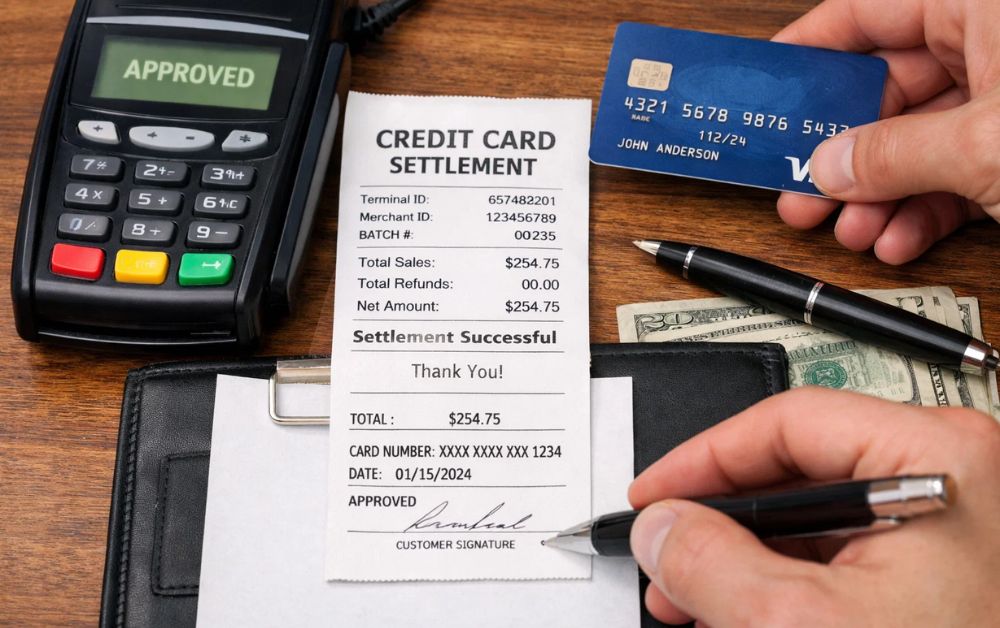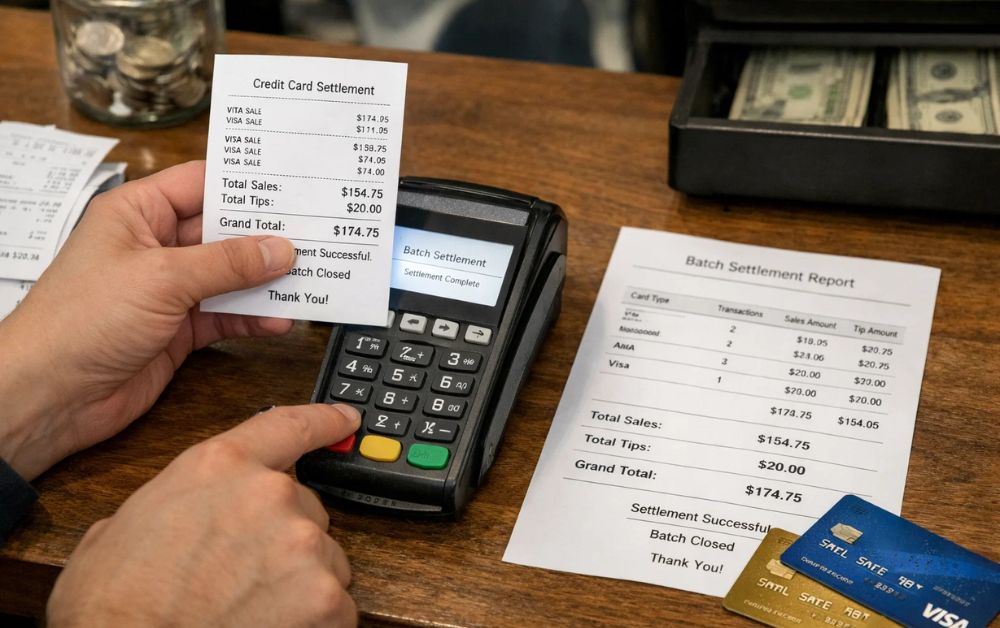Exploring payment card settlement refers to the process of considering and potentially engaging in negotiations with creditors or lenders to settle outstanding balances on your credit card accounts. Payment card settlement, also known as credit card debt settlement, involves reaching an agreement with the creditor to pay a lump sum that is less than the full amount you owe in order to satisfy the debt.
Exploring payment card settlement requires careful consideration of your financial circumstances, understanding of potential impacts, and knowledge of the negotiation process. It’s advisable to seek advice from financial advisors, credit counseling agencies, or legal professionals before proceeding. Making an informed decision that aligns with your financial goals and values is crucial for managing your credit card debt effectively.
What are the key aspects of payment card settlement?
Following are some of the key aspects of payment card settlement services:-
- Assessment of Financial Situation: Before you explore payment card settlement, assess your financial situation. Determine how much you can afford to offer as a lump sum to settle the debt.
- Communication with Creditors: Contact your credit card companies or creditors to express your intention to settle your debts. This can be done directly or through a third-party settlement company.
- Negotiation Process: The negotiation process involves discussions with the creditors about settling the debt for a reduced amount. Negotiations may take time, and creditors may counter your initial offer.
- Lump-Sum Payment: If a settlement agreement is reached, you’ll typically need to provide a lump-sum payment to the creditor to finalize the settlement. This payment is typically lower than the full outstanding balance.
How to proceed with exploring payment card settlement: Key concepts and terminologies?
Exploring payment card settlement involves understanding key concepts and terminologies related to the process of negotiating with creditors to settle your credit card debts. Here are the key concepts and terms you should be familiar with:
- Debt Settlement: Debt settlement is the process of negotiating with creditors to settle your debts for a reduced amount. This can involve paying a lump sum that is less than the full outstanding balance.
- Creditor: A creditor is an entity or institution that has extended credit to you, such as a credit card company or lender. Creditors are the parties to whom you owe money.
- Lump Sum Payment: A lump sum payment refers to a single payment made in a one-time installment. In debt settlement, the lump sum payment is the amount you agree to pay to settle the debt.
- Negotiation: Negotiation involves discussions between you (or a third-party settlement company on your behalf) and the creditor to reach an agreement on the terms of the debt settlement.
- Offer: An offer is the amount you propose to pay to settle the debt. This is typically lower than the full outstanding balance.
- Counteroffer: A counteroffer is a response from the creditor to your initial offer. The creditor may propose a different settlement amount or terms.
For better convenience make sure to reach out to us at Global Debt Advisory.





